Episodes
Thursday Oct 30, 2014
Literature vs. The Future
Thursday Oct 30, 2014
Thursday Oct 30, 2014
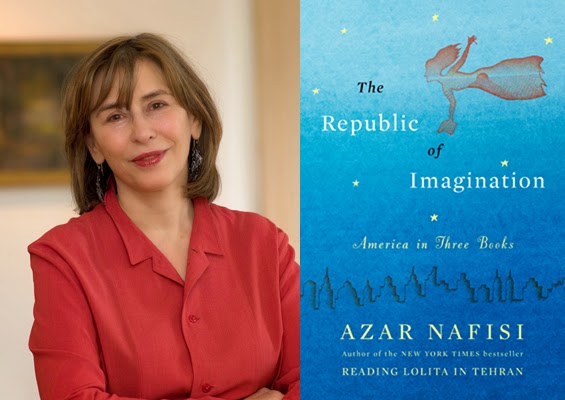 Although it doesn’t seem like it in today's world of images and 140 characters, words, stories and literature once moved people and nations and changed the world. In fact, even in our own nation, the act of reading was once even seen as subversive. Yet it fueled the quest for freedom, fired up our democracy, and launched a nation.
Although it doesn’t seem like it in today's world of images and 140 characters, words, stories and literature once moved people and nations and changed the world. In fact, even in our own nation, the act of reading was once even seen as subversive. Yet it fueled the quest for freedom, fired up our democracy, and launched a nation.Wednesday Oct 29, 2014
Superstorm Sandy +2 years - What have we learned?
Wednesday Oct 29, 2014
Wednesday Oct 29, 2014
 As we watch day after day, the government response to a potential Ebola crisis, we are reminded of so many mistakes that various government agencies have made in response to other disasters. It hardly fills us with confidence.
As we watch day after day, the government response to a potential Ebola crisis, we are reminded of so many mistakes that various government agencies have made in response to other disasters. It hardly fills us with confidence.Monday Oct 27, 2014
The Birth of the Pill
Monday Oct 27, 2014
Monday Oct 27, 2014
Saturday Oct 25, 2014
Sonia Sotomayor and the Politics of Justice
Saturday Oct 25, 2014
Saturday Oct 25, 2014
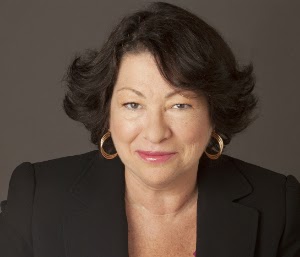 When we think about the Supreme Court, and its hushed, hallowed halls, and John Adams dictum that we are a nation of laws and not of men, words that do not often come to mind are passion, Salsa Dancing, ambition, and people skills. Yet all of these have been a part of the life and Supreme Court tenure of Sonia Sotomayor.
When we think about the Supreme Court, and its hushed, hallowed halls, and John Adams dictum that we are a nation of laws and not of men, words that do not often come to mind are passion, Salsa Dancing, ambition, and people skills. Yet all of these have been a part of the life and Supreme Court tenure of Sonia Sotomayor. Friday Oct 24, 2014
How the World Works
Friday Oct 24, 2014
Friday Oct 24, 2014
 Today, as we look around the world, it sometimes seems to be spinning out of control. It feels like a time, to quote Yates, when the falcon cannot hear the falconer, when the best lack all conviction and the worst seem full of passionate intensity.
Today, as we look around the world, it sometimes seems to be spinning out of control. It feels like a time, to quote Yates, when the falcon cannot hear the falconer, when the best lack all conviction and the worst seem full of passionate intensity.Thursday Oct 23, 2014
The Robots are coming
Thursday Oct 23, 2014
Thursday Oct 23, 2014
 For a while now technology has seemed to focus on only one aspect or another of information. Everything from Google to Facebook, to Instagram, to all aspects of the sharing economy are essentially all about trying to achieve perfect information.
For a while now technology has seemed to focus on only one aspect or another of information. Everything from Google to Facebook, to Instagram, to all aspects of the sharing economy are essentially all about trying to achieve perfect information.Wednesday Oct 22, 2014
Understanding the Internet of Things
Wednesday Oct 22, 2014
Wednesday Oct 22, 2014
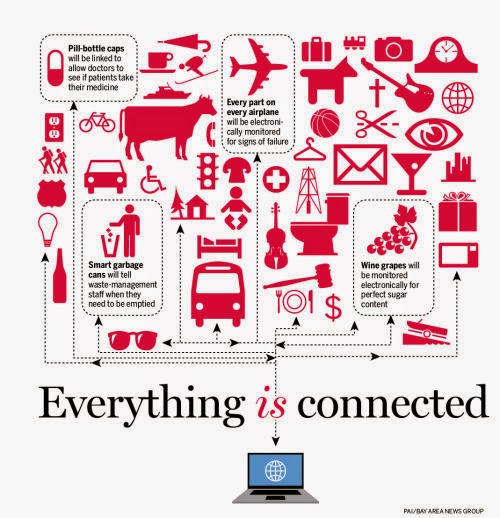 Although the origins of the quote are a bit murky, the idea that the only way to predict the future is to invent it, certainly seems true in the 21st century. In fact, that future is being invented right now.
Although the origins of the quote are a bit murky, the idea that the only way to predict the future is to invent it, certainly seems true in the 21st century. In fact, that future is being invented right now. Sunday Oct 19, 2014
The Week Politics Went Tabloid
Sunday Oct 19, 2014
Sunday Oct 19, 2014
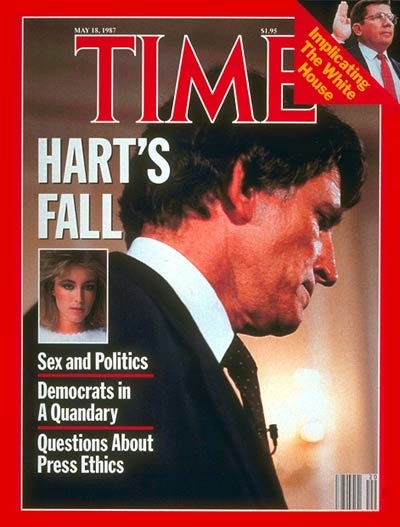 For those that study and write about politics, the holy grail is to find those seminal moments in the nation's public and political life that change everything. And while the antecedents of those events may be years in the making, they usually create a perfect storm that results in an event that is a kind of tipping point; one that marks a permanent tectonic shift in the political landscape. Sometimes we have to let time pass, before we appreciate or even understand those moments.
For those that study and write about politics, the holy grail is to find those seminal moments in the nation's public and political life that change everything. And while the antecedents of those events may be years in the making, they usually create a perfect storm that results in an event that is a kind of tipping point; one that marks a permanent tectonic shift in the political landscape. Sometimes we have to let time pass, before we appreciate or even understand those moments. Sunday Oct 19, 2014
Capitalism vs. The Climate
Sunday Oct 19, 2014
Sunday Oct 19, 2014
 It was actually Winston Churchill, not Rahm Emanuel, who said that we should never let a serious crisis go to waste.
It was actually Winston Churchill, not Rahm Emanuel, who said that we should never let a serious crisis go to waste.Sunday Oct 19, 2014
How the Obesity Crisis Is Complicating America's Love Life
Sunday Oct 19, 2014
Sunday Oct 19, 2014
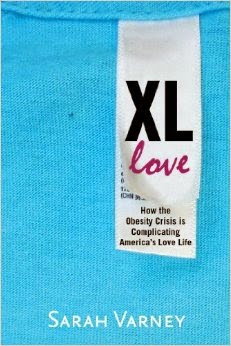 Some of you may have seen the story recently that marriage is at an all time low in America. We also know that two out of three Americans are overweight, or obese. Is there a link between these two issues?
Some of you may have seen the story recently that marriage is at an all time low in America. We also know that two out of three Americans are overweight, or obese. Is there a link between these two issues?Thursday Oct 16, 2014
Terrorism and the Search for Justice
Thursday Oct 16, 2014
Thursday Oct 16, 2014
 For decades, it seems, we've read and watched stories about suicide bombers in the Middle East. We process the information without emotion, as we do most news stories. Then 9/11 happened and suddenly suicide bombers took on a new meaning for most Americans.
For decades, it seems, we've read and watched stories about suicide bombers in the Middle East. We process the information without emotion, as we do most news stories. Then 9/11 happened and suddenly suicide bombers took on a new meaning for most Americans. Thursday Oct 16, 2014
Superintelligence
Thursday Oct 16, 2014
Thursday Oct 16, 2014
.jpeg) Whether we are thinking about our smart phones, or HAL in Arthur C. Clarke's 2001, we are usually deeply conflicted about artificial intelligence. Will it be a panacea to enhance the already unique power of human intelligence or, like HAL, will its survival depend on usurping human control
Whether we are thinking about our smart phones, or HAL in Arthur C. Clarke's 2001, we are usually deeply conflicted about artificial intelligence. Will it be a panacea to enhance the already unique power of human intelligence or, like HAL, will its survival depend on usurping human controlTuesday Oct 14, 2014
The no problem, problem
Tuesday Oct 14, 2014
Tuesday Oct 14, 2014
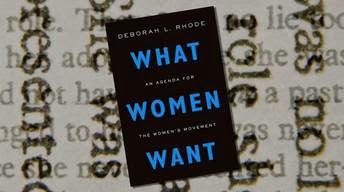 Revolutions are often exciting. The stir change, mobilize ideas, and are often at the cutting edge of excitement. Yet what happens after revolutions is often the work that matters. The problem is that it’s hard work. The cameras are off, the story has grown cold, but this is where the work gets done that can truly change the world.
Revolutions are often exciting. The stir change, mobilize ideas, and are often at the cutting edge of excitement. Yet what happens after revolutions is often the work that matters. The problem is that it’s hard work. The cameras are off, the story has grown cold, but this is where the work gets done that can truly change the world.Monday Oct 13, 2014
I'm not the boss of me
Monday Oct 13, 2014
Monday Oct 13, 2014
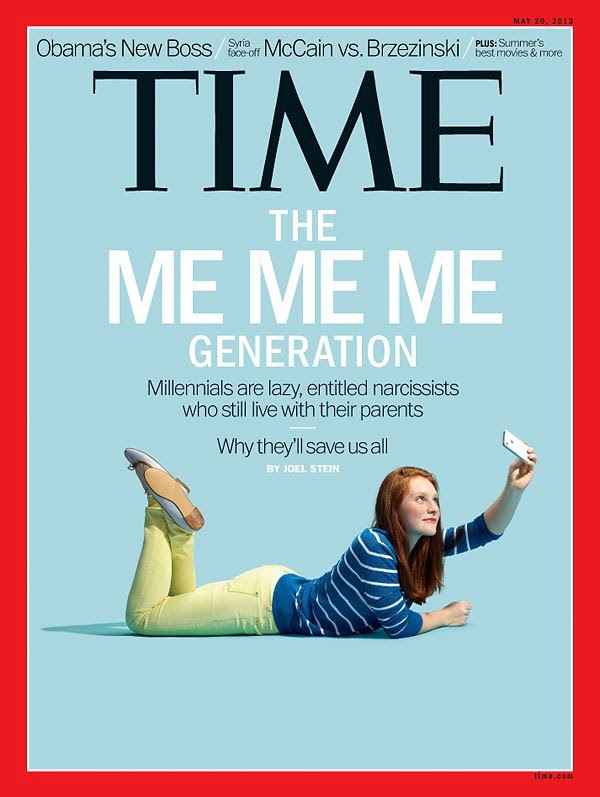 The common portrayal of Millennials is as generation that is narcissistic, self absorbed, entitled and demanding. Yet they are almost 90 million strong and will soon be taking their place in leadership in business, in politics and in almost every other aspect of society.
The common portrayal of Millennials is as generation that is narcissistic, self absorbed, entitled and demanding. Yet they are almost 90 million strong and will soon be taking their place in leadership in business, in politics and in almost every other aspect of society.Sunday Oct 12, 2014
Daring: My Passages
Sunday Oct 12, 2014
Sunday Oct 12, 2014
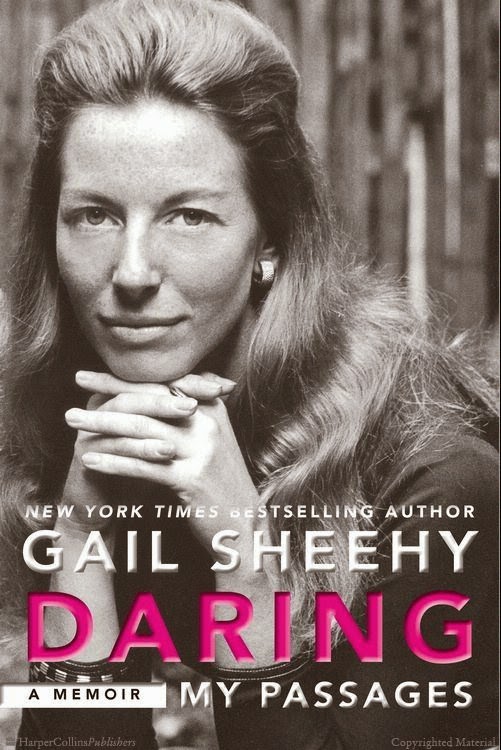 Kierkegaard said that “life can only be understood backwards, but it must be lived forward.” Such is the powerful value of memoir and reflection
Kierkegaard said that “life can only be understood backwards, but it must be lived forward.” Such is the powerful value of memoir and reflectionSaturday Oct 11, 2014
How Change Happens
Saturday Oct 11, 2014
Saturday Oct 11, 2014
 We often say that actions have consequence. So do ideas. And we don’t always know the full extent of those consequences. Just as the science of splitting the atom, changed the nature of geopolitics and may still reshaped civilization, so the ripple effects of certain inventions have consequences and impacts, far beyond what was originally thought or intended.
We often say that actions have consequence. So do ideas. And we don’t always know the full extent of those consequences. Just as the science of splitting the atom, changed the nature of geopolitics and may still reshaped civilization, so the ripple effects of certain inventions have consequences and impacts, far beyond what was originally thought or intended.Friday Oct 10, 2014
A new perspective on the Middle East
Friday Oct 10, 2014
Friday Oct 10, 2014
 When we think and talk about the Middle East today, we look at it terms of the religious and ethnic strife and extremism that define today's conflicts. We also assume that these conflicts has been going on for centuries. That the holy wars and clash of civilizations of today have been the basis for the whole history of the region
When we think and talk about the Middle East today, we look at it terms of the religious and ethnic strife and extremism that define today's conflicts. We also assume that these conflicts has been going on for centuries. That the holy wars and clash of civilizations of today have been the basis for the whole history of the regionWednesday Oct 08, 2014
Cosby
Wednesday Oct 08, 2014
Wednesday Oct 08, 2014
Monday Oct 06, 2014
How many scandals can we understand at once?
Monday Oct 06, 2014
Monday Oct 06, 2014
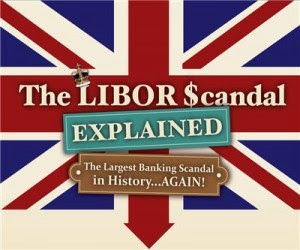 If you’ve ever borrowed money for anything, from a mortgage to a student loan, you’ve been impacted by LIBOR. The London Interbank Offered Rate. The global standard for interest rates.
If you’ve ever borrowed money for anything, from a mortgage to a student loan, you’ve been impacted by LIBOR. The London Interbank Offered Rate. The global standard for interest rates.Sunday Oct 05, 2014
Fire Shut Up in My Bones by Charles Blow
Sunday Oct 05, 2014
Sunday Oct 05, 2014
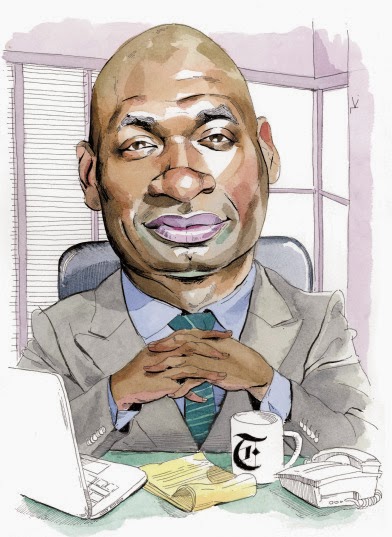 When we talk about America's history of segregation, its not just about race and class, but also about geography. Even as the civil right movement would begin to take hold in the late 60’s and seventies, there were parts of America, particularly in the rural South, that we untouched by that progress. Places where slavery was not just a legacy to be overcome, but still in the fabric of the cultural DNA of place.
When we talk about America's history of segregation, its not just about race and class, but also about geography. Even as the civil right movement would begin to take hold in the late 60’s and seventies, there were parts of America, particularly in the rural South, that we untouched by that progress. Places where slavery was not just a legacy to be overcome, but still in the fabric of the cultural DNA of place.Thursday Oct 02, 2014
Writing in the 21st Century
Thursday Oct 02, 2014
Thursday Oct 02, 2014
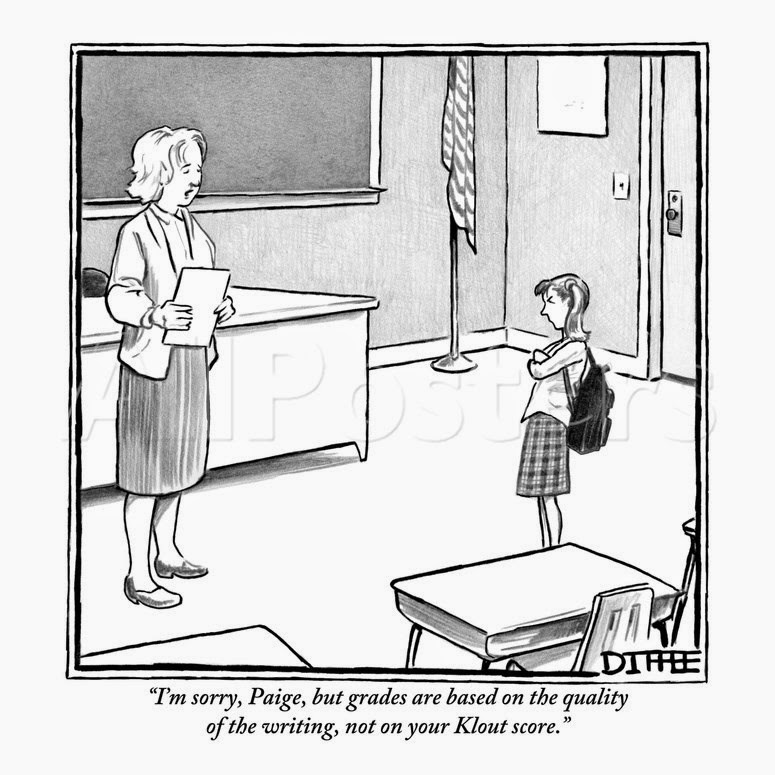 Years ago, in Hollywood, someone once remarked that the amount of bad screenplay writing increased with the advent of the copy machine. The same claim was later made when word processing and screenwriting software came along.
Years ago, in Hollywood, someone once remarked that the amount of bad screenplay writing increased with the advent of the copy machine. The same claim was later made when word processing and screenwriting software came along.Wednesday Oct 01, 2014
Gratitude & Trust
Wednesday Oct 01, 2014
Wednesday Oct 01, 2014
.jpg) The world is a crazy place. Everyday here we talk about all the forces that are impacting us, making life more complex, confusing and making so many people less sure of who they are, how they fit in, and whether the decisions they make lead them in the right direction.
The world is a crazy place. Everyday here we talk about all the forces that are impacting us, making life more complex, confusing and making so many people less sure of who they are, how they fit in, and whether the decisions they make lead them in the right direction.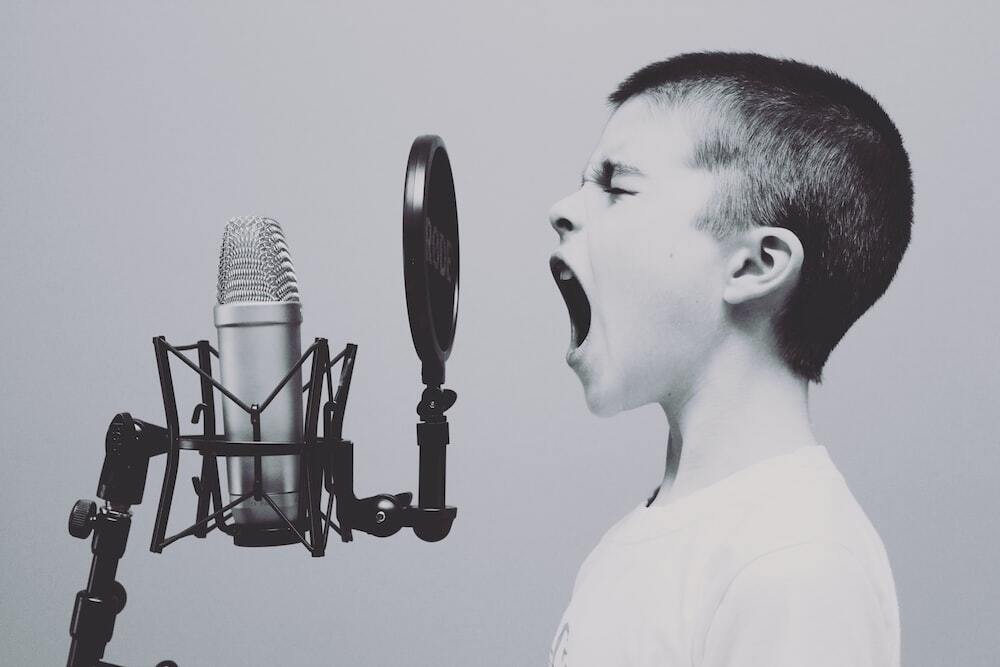


.jpeg)